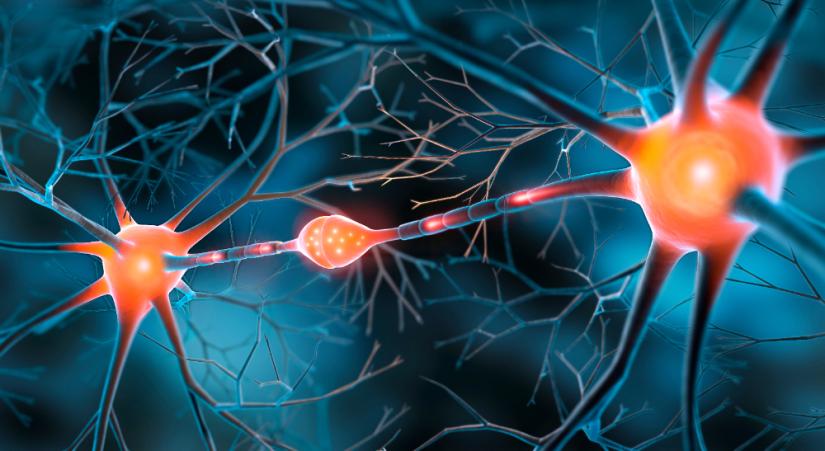Inflammation in the hippocampus – the brain’s memory centre – significantly alters motivation and behaviour in mice, including food-seeking behaviour, with notable differences between males and females.

Image: Adobe Stock By peterschreiber.media.
Inflammation in the hippocampus – the brain’s memory centre – significantly alters motivation and behaviour in mice, including food-seeking behaviour, with notable differences between males and females, a recent study reveals.
The hippocampus plays a crucial role in memory formation, learning and emotional regulation. Inflammation in hippocampal cells, (or ‘neuroinflammation’ as it’s called when it refers to inflammation in the brain), occurs in a range of diseases and disorders such as Alzheimer’s, Multiple Sclerosis and Depression.
People with these diseases often experience common symptoms such as apathy, difficulty with daily activities and changes to food preferences. These symptoms also tend to be more severe in women than in men.
“While inflammation in the hippocampus is not solely responsible for behaviour changes, it likely triggers wider brain activity that influences behaviour,” said study co-author Dr Laura Bradfield, Director of the Brain and Behaviour Lab at the University of Technology Sydney (UTS).
“This research suggests that treatments targeting hippocampal neuroinflammation could help reduce cognitive and behavioural symptoms in these diseases and improve brain health, especially in women,” she said.
The study, Hippocampal neuroinflammation induced by lipopolysaccharide causes sex-specific disruptions in action selection, food approach memories, and neuronal activation, was published in the journal Brain Behavior and Immunity.
Researchers induced inflammation by exposing mouse hippocampal cell cultures in the lab to lipopolysaccharide, a bacterial toxin that elicits a strong immune response.
They found the toxin only activated neurons in the presence of other types of brain cells such as microglia and astrocytes. This highlights the complex interaction between different cell types during inflammation.
To examine behaviour, the researchers injected lipopolysaccharide directly into the hippocampus of mice and observed their activity and food-seeking behaviours.
They discovered that neuroinflammation increased movement and activity levels in both sexes but had a more pronounced effect on food-seeking behaviours in females.
Lead author Dr Kiruthika Ganesan, who recently completed her PhD at UTS, said the study underscores the importance of considering sex-specific effects when developing treatments for neurological diseases.
“These findings provide fresh insights into how neuroinflammation affects brain function, potentially paving the way for new therapies that address the behavioural and cognitive symptoms of a range of diseases,” she said.
“We hope that future research will focus on understanding the mechanisms behind these sex-specific effects, including the influence of hormones such as estrogen, and their implications for brain health.”

